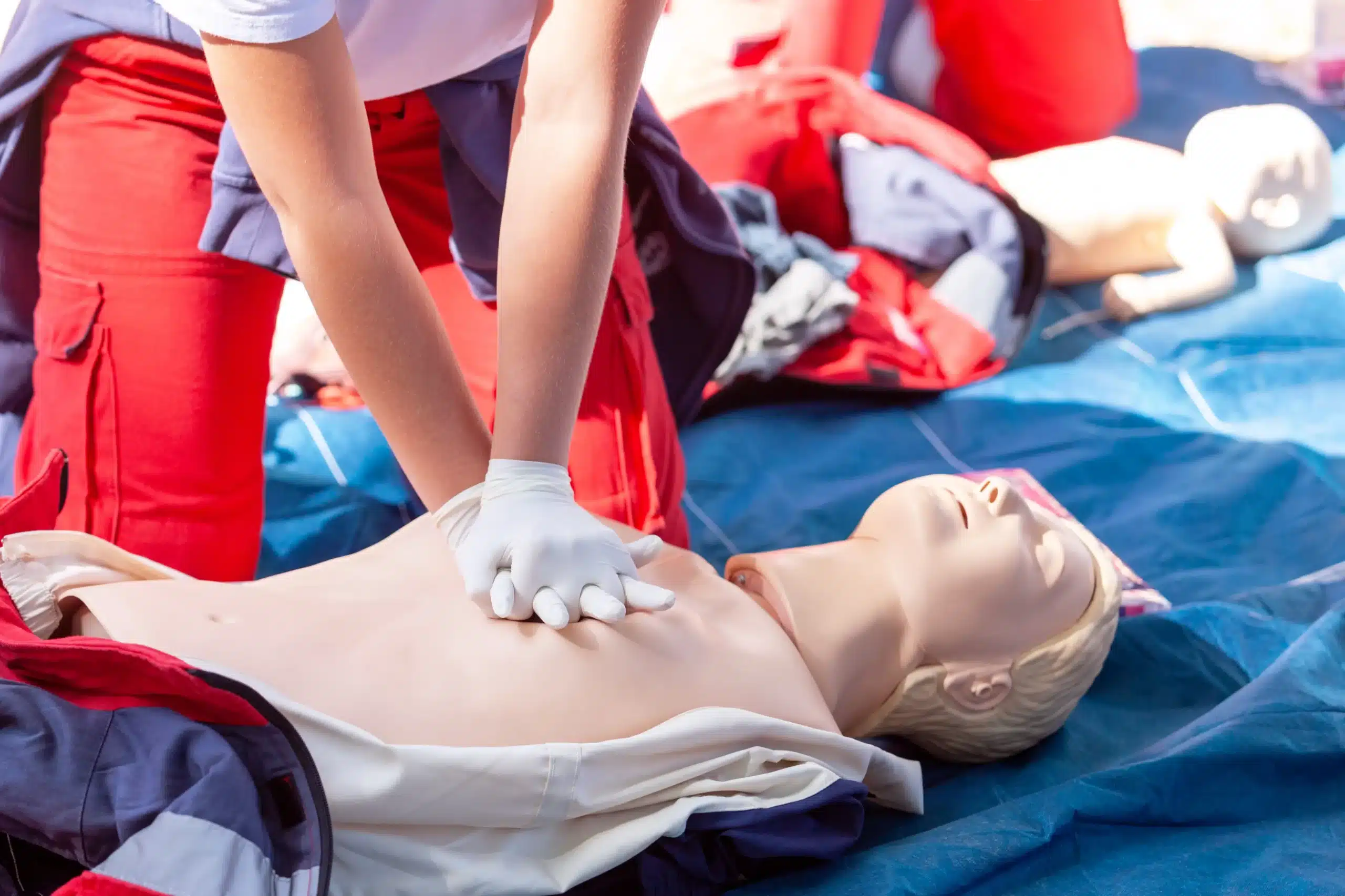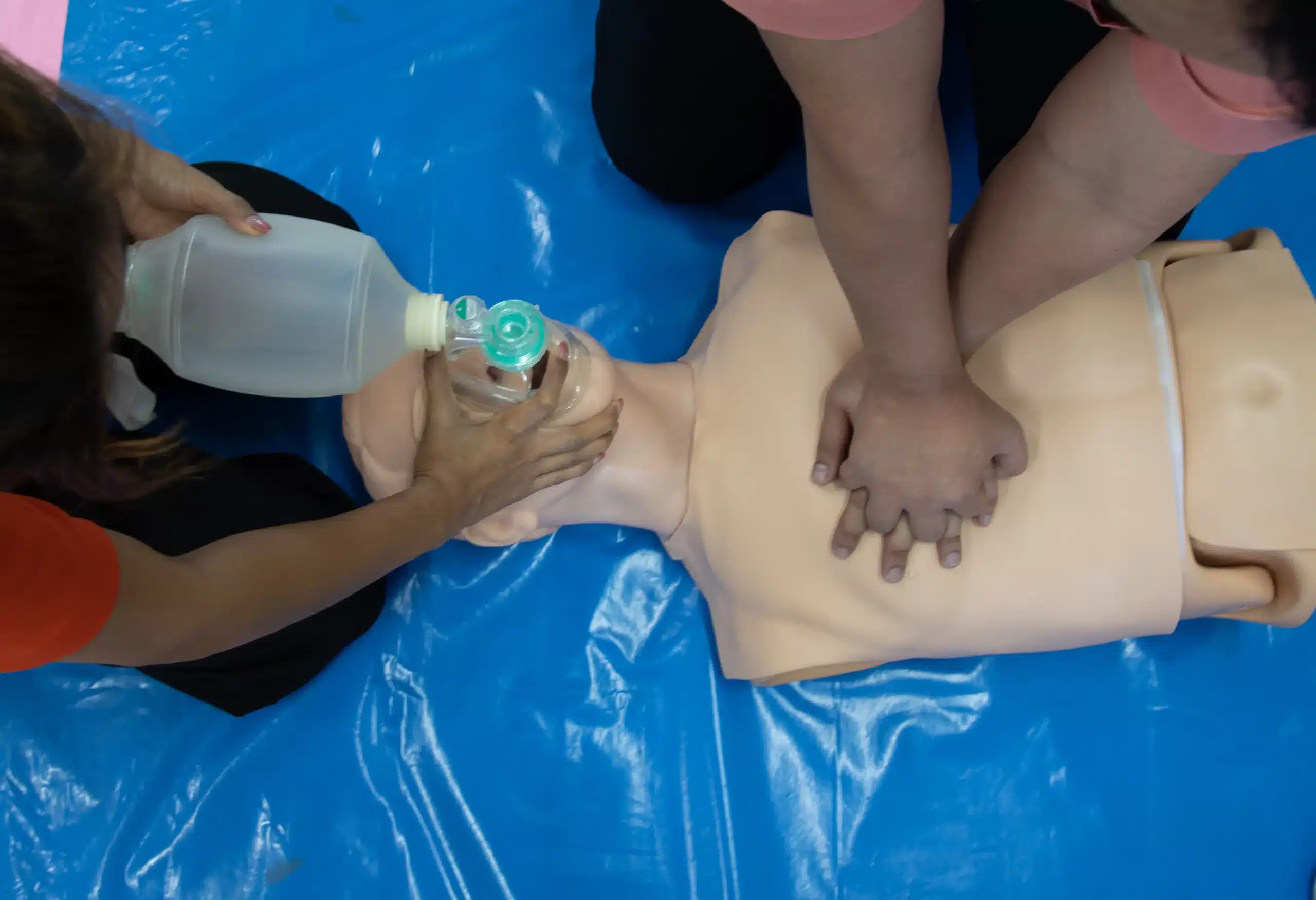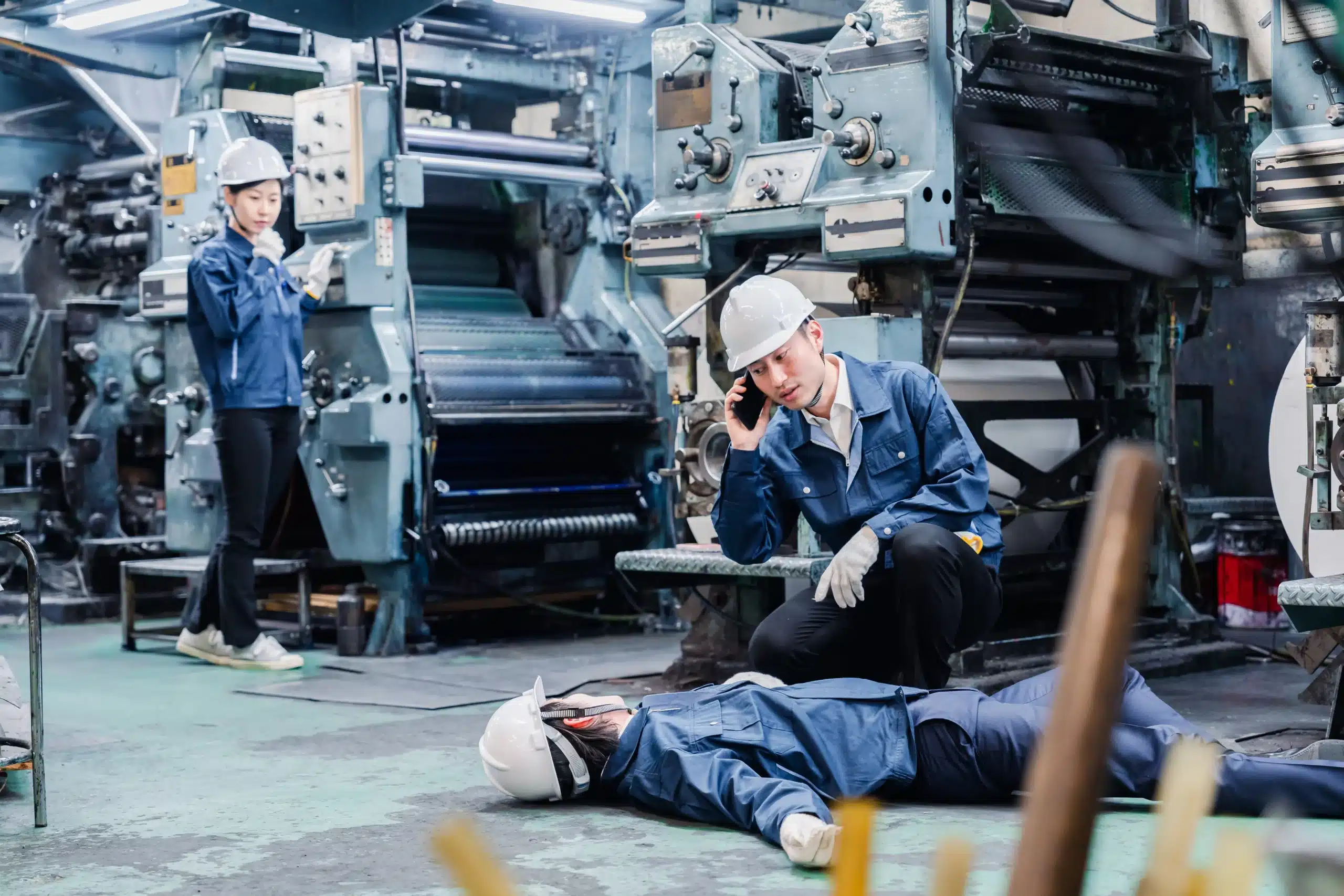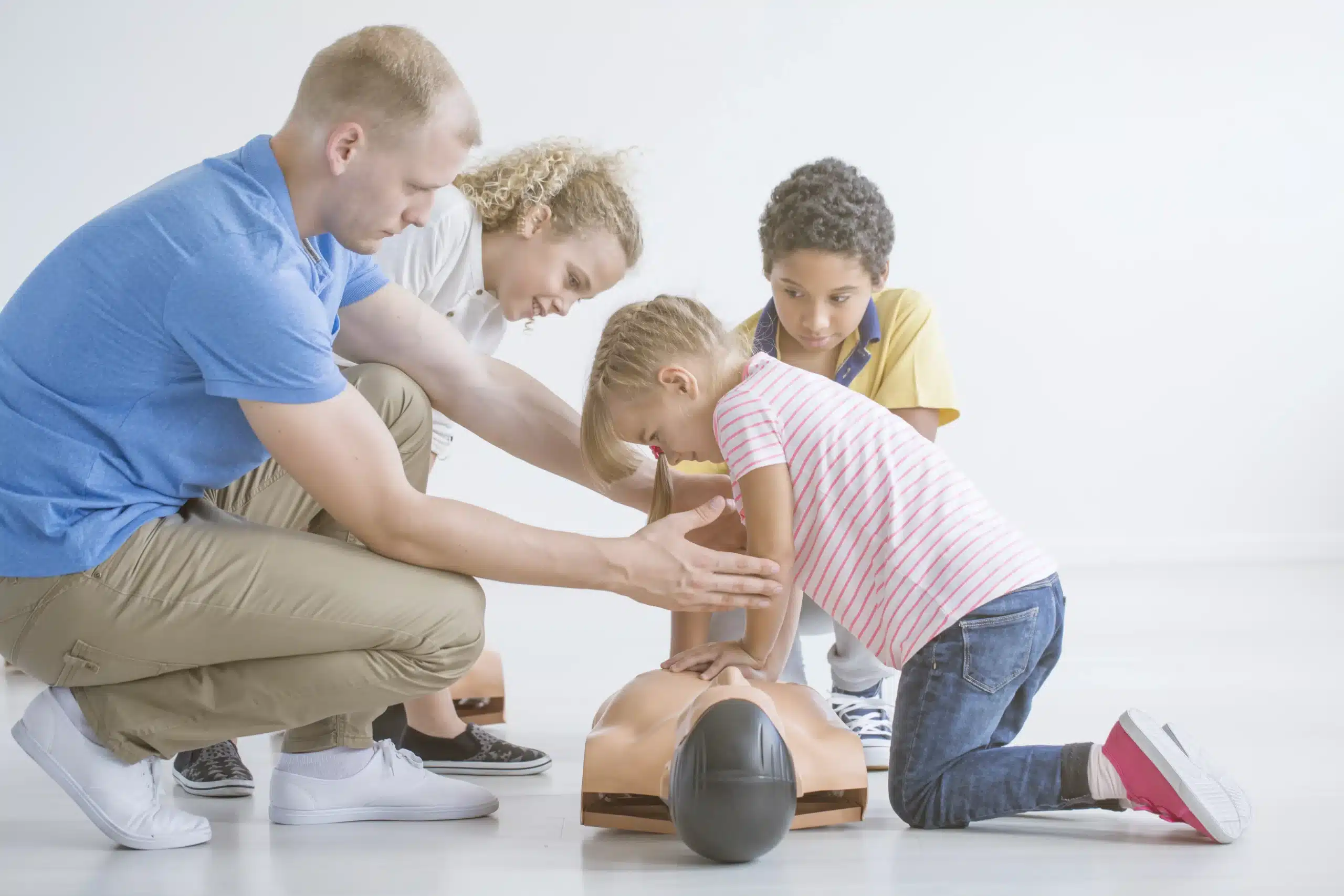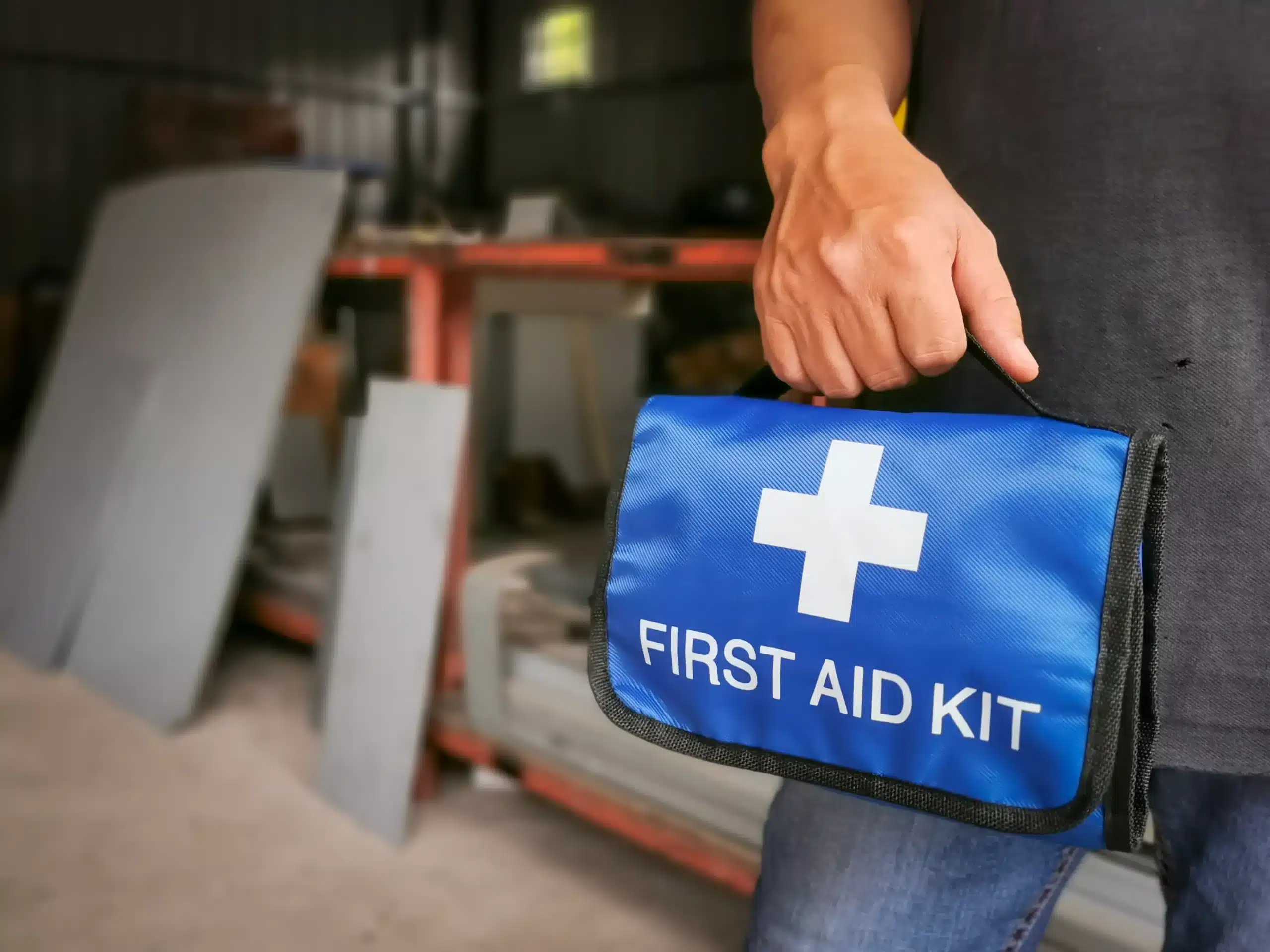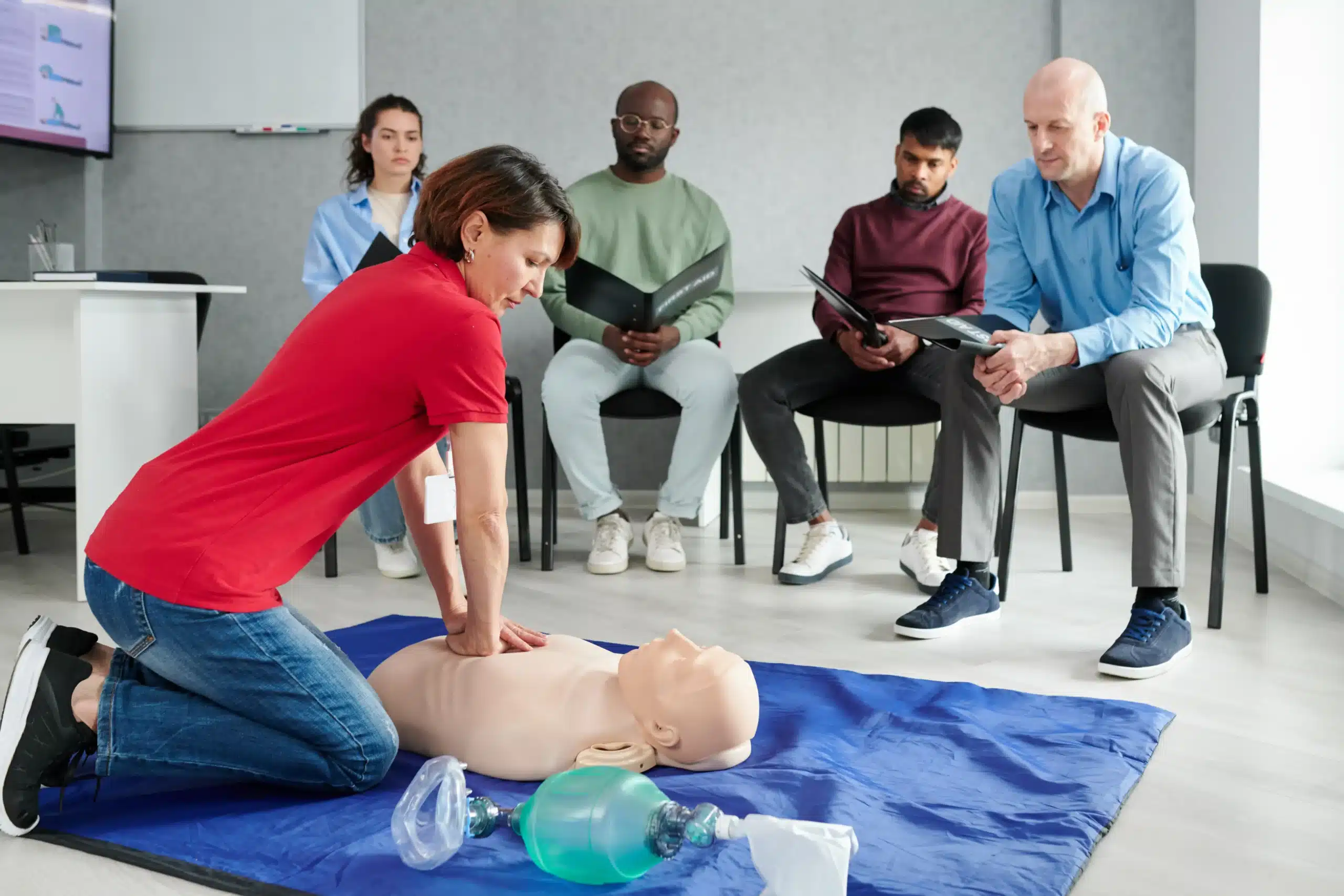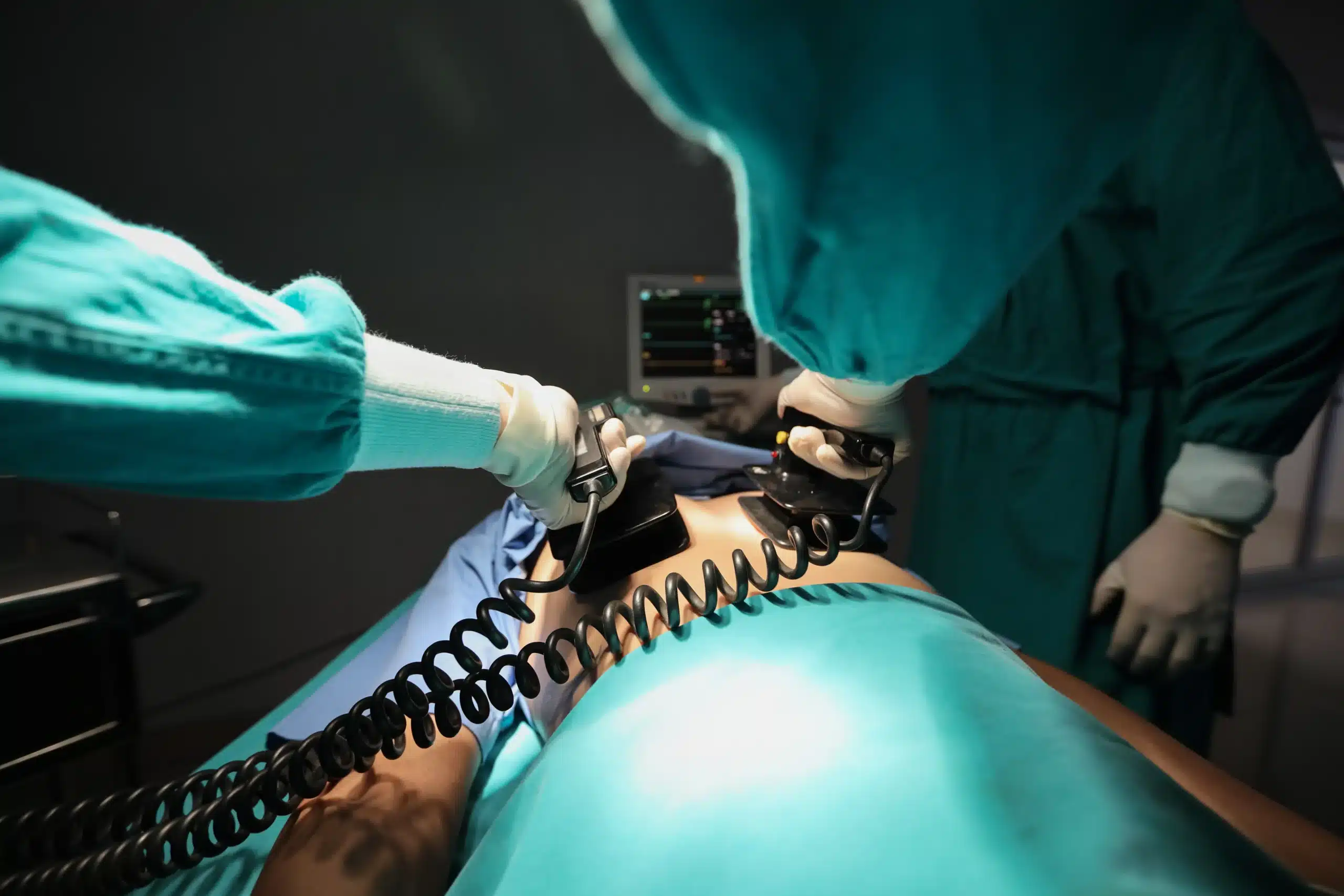Life is unpredictable. Emergencies happen. And when they do, knowing CPR can be the difference between life and death. But CPR isn’t a skill you learn once and forget. Regular CPR renewal in Sunnyvale is crucial for keeping your skills fresh and your confidence high. This article will walk you through the importance of staying current with your CPR training, the various renewal options available in Sunnyvale, what to expect in a renewal class, and how to choose the right provider for your needs. We’ll also explore how to maintain your skills long after you’ve renewed your certification, ensuring you’re always ready to respond effectively.
Key Takeaways
- Regular CPR renewal keeps your skills sharp and ensures you’re ready to help in an emergency. Find a course format—in-person, blended, or online—that works for you.
- Choose a CPR provider with experienced instructors, flexible class times, and a solid reputation. Look for reviews, accreditations, and a learning environment that supports your needs.
- Maintain your skills after renewal through practice, online resources, and community involvement. Consistent effort keeps your knowledge fresh and your confidence high, so you’re always prepared to act.
What is CPR Renewal?
What is CPR Renewal?
CPR renewal is how you maintain your life-saving CPR skills. Like most certifications, CPR credentials expire—typically after two years. A renewal course updates your knowledge and techniques, ensuring you’re ready to respond effectively in an emergency. It’s important to renew within 30 days of your certification expiring to avoid taking a full recertification course. Think of it as a refresher, not starting over. You’ll review the essentials and learn any updated guidelines from organizations like the American Heart Association. This ensures you’re always prepared to provide the best possible care. At Safety Training Seminars, we offer convenient CPR renewal courses to help you stay current.
Why Stay Certified?
Staying CPR certified isn’t just a good idea—for many professions, it’s a requirement. From healthcare providers and childcare professionals to fitness trainers and lifeguards, maintaining current certification is often a condition of employment. Beyond professional obligations, holding a valid CPR certification demonstrates your commitment to safety and preparedness. It signals that you’re equipped to handle emergencies and provide assistance when it matters most. Plus, regular review and practice through renewal courses keep your skills sharp and your confidence high. AHA certifications, in particular, can be valuable assets for career advancement, showcasing your dedication to providing high-quality care. Learn more about our AHA certification courses.
Why Renew Your CPR Certification Regularly?
Knowing CPR can help you save a life. It’s a powerful skill, but like any skill, it needs regular refreshing. Renewing your CPR certification isn’t just about checking a box—it’s about ensuring you’re prepared to act confidently and effectively in a real emergency. Here’s why staying current with your CPR training matters:
Maintain Skills and Confidence
CPR techniques can change as medical knowledge evolves. Regularly renewing your CPR certification ensures you’re up-to-date on the most effective methods. Plus, consistent practice builds muscle memory and confidence, allowing you to react quickly and efficiently under pressure. It’s one thing to know CPR in theory; it’s another to perform it calmly and correctly when it truly counts.
Meet Professional Requirements
Many professions, from healthcare to childcare, require valid CPR certification. Renewing your certification demonstrates your ongoing commitment to providing safe and effective care. Check with your employer or licensing board to understand the specific CPR renewal requirements for your field. Staying certified protects your job and shows your professionalism.
Gain Legal Protection
While you are not legally required to perform CPR in most situations, having a current certification offers a degree of legal protection. It demonstrates that you possess the necessary training and skills to administer aid, reducing potential liability should complications arise. Think of it as a safety net for both yourself and the person you’re helping.
Learn the Latest Techniques
CPR guidelines are periodically updated to reflect the latest scientific research and best practices. Renewal classes cover these updates, ensuring you’re using the most effective techniques. For example, current guidelines emphasize a specific compression rate and depth for optimal blood circulation. Staying informed about these changes can significantly impact the outcome of a cardiac emergency. Consider taking one of our courses to learn more about the latest techniques.
CPR Renewal Options in Sunnyvale
Keeping your CPR skills sharp is crucial, and thankfully, Sunnyvale offers a variety of convenient renewal options. Whether you prefer hands-on learning, the flexibility of online courses, or a combination of both, you can find a course that fits your schedule and learning style. Let’s explore the different paths you can take to renew your CPR certification in Sunnyvale.
In-Person Classes
Traditional in-person CPR renewal classes provide a structured learning environment with direct interaction with a certified instructor. These classes offer hands-on practice and personalized feedback, allowing you to refine your skills and ask questions in real time. Safety Training Seminars offers American Heart Association certification classes in CPR, BLS, ACLS, PALS, and First Aid in Sunnyvale. They offer various formats, including fully instructor-led and blended learning options. This face-to-face approach can be especially beneficial for those who learn best through direct instruction and demonstration.
Online Renewal Courses
If your schedule is packed or you prefer learning at your own pace, online CPR renewal courses offer a flexible alternative. These courses typically involve video tutorials, interactive exercises, and online assessments. While online courses offer convenience, it’s important to choose a reputable provider that offers nationally recognized and industry-accredited certification. One example is the CPR refresher course from First Aid Oz. Keep in mind that online-only certifications may not be accepted by all organizations, so double-check the requirements of your workplace or licensing board before enrolling in an online CPR course.
Blended Learning Programs
Combining the best of both worlds, blended learning programs offer a mix of online instruction and in-person skills practice. You can complete the online portion of the course at your convenience, often through platforms like RQI, and then attend a shorter in-person session to demonstrate your skills and receive your certification. Bay Area CPR offers blended learning CPR courses. This approach can be a great way to refresh your knowledge and get hands-on practice with an instructor. Plus, watching the online videos beforehand can significantly increase your chances of passing the skills test.
Top CPR Renewal Providers in Sunnyvale
Finding the right CPR renewal provider is key to maintaining your skills and confidence in emergency situations. Here’s a rundown of some reputable options in Sunnyvale:
Safety Training Seminars
Safety Training Seminars offers daily American Heart Association certification classes in CPR, BLS, ACLS, PALS, and First Aid right here in Sunnyvale. As a woman-owned business operating since 1989, they bring decades of experience to their training. They offer flexible learning formats, including fully instructor-led courses and blended learning (a combination of online and in-person sessions). You’ll receive an official American Heart Association certification card, valid for two years, upon completion. For those looking for the best value, they also have a low price guarantee. They also offer group discounts.
In-Home CPR
If convenience is a priority, In-Home CPR brings the training to you. They offer CPR, First Aid, BLS, and ACLS certification classes in Sunnyvale, taught by experienced EMTs, RNs, and paramedics. Their focus on hands-on learning makes them a good choice for both healthcare professionals and those outside the medical field. Classes can be held at your home or workplace.
Bay Area CPR
Bay Area CPR provides a variety of American Heart Association-certified CPR and first-aid classes in Sunnyvale, conveniently located near Palo Alto and Santa Clara. They offer training at their facility or can come to your location. Group discounts are available, making them a cost-effective option for businesses or groups of friends.
American Red Cross
The American Red Cross is a nationally recognized provider of CPR training. They offer blended learning courses that combine online learning with in-person skills sessions. The Red Cross emphasizes staying up-to-date with the latest techniques through their abbreviated CPR and First Aid renewal classes.
American Heart Association
The American Heart Association sets the standard for CPR training nationwide. Their courses are designed to equip participants with the most current techniques and updates in CPR. AHA certification is widely recognized by employers and ensures you’re learning the most relevant skills.
What to Expect in a CPR Renewal Class
So, you’re ready to renew your CPR certification? Great! Here’s a rundown of what you can expect, whether you choose an in-person, blended, or online renewal course. Knowing what lies ahead will help you feel prepared and confident.
Class Duration and Format
CPR renewal classes are designed to refresh your skills and knowledge efficiently. They typically range from two to four hours, depending on the specific certification you’re renewing (like BLS, ACLS, or PALS) and the format you choose. Safety Training Seminars offers several formats to fit your schedule. You can opt for a fully instructor-led class, a blended learning experience (combining online modules with in-person skills practice), or in some cases, a completely online renewal.
Skills Assessment and Hands-On Practice
Even if you choose a blended or online renewal, there’s always a hands-on component. After all, CPR is a physical skill! You’ll be assessed on your ability to perform chest compressions, rescue breaths, and other essential techniques. Many classes now utilize programs like RQI (Resuscitation Quality Improvement), which often involves practicing with a voice-assisted manikin. This type of practice, combined with reviewing the provided online videos, can significantly increase your chances of confidently passing the skills test.
Online Components
Online learning has become a popular and convenient way to renew your CPR certification. Programs like RQI allow medical professionals to complete a portion of their renewal online, often at their own pace. This usually involves watching videos, reviewing materials, and completing short quizzes. You’ll then schedule a short in-person session for your skills check and receive your certification the same day. RQI classes are a great option for busy healthcare providers looking for a fast and efficient renewal process.
Certification Process and Validity
Once you’ve successfully completed your renewal class and skills assessment, you’ll receive an official American Heart Association certification card, valid for two years. Remember, it’s important to renew your certification within 30 days of the expiration date. If you miss that window, you’ll likely need to take a full recertification course, which takes more time. Keep track of your expiration date and plan ahead to ensure your skills stay current and you maintain your certification.
Compare CPR Renewal Class Costs
CPR renewal classes in Sunnyvale vary in price, so it’s helpful to understand what influences the cost. Knowing these factors helps you find the best value for your training.
Factors Affecting Pricing
Several factors can influence the overall cost of CPR renewal classes. The type of certification you need plays a big role. For example, obtaining your Basic Life Support (BLS certification) is typically less expensive than more advanced certifications like Advanced Cardiovascular Life Support (ACLS) or Pediatric Advanced Life Support (PALS). The course duration also matters—longer courses often have higher price tags. Finally, each training provider sets its own pricing.
Group Discounts and Special Offers
If you’re renewing with a group, ask about discounts. Many CPR training providers in Sunnyvale offer group discounts, which can significantly lower the per-person cost. This is a great option for businesses, community groups, or even just a group of friends. It’s always worth asking about potential discounts or promotions. Some providers also run special offers, so keep an eye out for those deals.
Low Price Guarantees
Look for training providers that offer a low price guarantee. This means they’ll match or beat a competitor’s price for the same course. Safety Training Seminars offers a low price guarantee in Santa Clara County, ensuring you receive high-quality training at a competitive rate. A low price guarantee gives you peace of mind knowing you’re getting the best possible value.
Choose the Right CPR Renewal Provider
Finding the right CPR renewal provider is crucial for a positive and effective learning experience. Here’s what to consider when making your decision:
Instructor Qualifications
Look for instructors with significant experience and relevant certifications. Ideally, your instructor should have a background as an EMT, paramedic, registered nurse, or another medical professional. Safety Training Seminars prides itself on experienced instructors who provide high-quality, practical training. This level of expertise ensures you learn the most current and effective techniques.
Class Flexibility and Scheduling
Your schedule is busy, so choose a provider that offers flexible class times and formats. Look for options like weekend classes, evening sessions, and accelerated courses. Some providers, such as Bay Area CPR, offer classes seven days a week at your location, making it easier to fit CPR renewal into your life. Consider whether online, in-person, or blended learning options best suit your learning style and availability. For a variety of scheduling options, check out Sunnyvale CPR Classes.
Training Equipment and Facilities
High-quality training equipment and a comfortable learning environment can significantly enhance your learning experience. Modern equipment, such as realistic manikins and AED trainers, allows for practical application of skills. Providers like Bay Area CPR often suggest reviewing online videos before the in-person skills session to maximize your preparedness and chances of passing.
Post-Course Support and Resources
Think beyond the classroom. A good CPR renewal provider offers support and resources even after you complete the course. This might include access to online refresher materials, information on continuing education credits, or assistance with replacing a lost certification card. The American Heart Association offers resources for locating lost cards and claiming continuing education credits. For information on recertification processes, review the resources available at Code One CPR.
Maintain Your CPR Skills After Renewal
Getting recertified is a great first step, but staying sharp with your CPR skills requires ongoing effort. Think of it like any other skill—regular practice keeps you confident and ready to respond effectively in a real emergency. Here’s how to keep your skills fresh after you’ve renewed your certification:
Refresher Courses and Practice Sessions
Even after renewing your CPR certification, consider taking refresher courses periodically. These short, focused sessions can reinforce core techniques and introduce any updated guidelines. Hands-on practice is essential for building muscle memory and confidence. Look for opportunities to practice with friends, family, or colleagues. Even running through the steps mentally can help solidify your knowledge. Check with your local community centers or healthcare providers for available
Online Resources for Skill Retention
Many online resources can help you maintain your CPR skills. Websites like the American Red Cross and the American Heart Association offer videos, interactive exercises, and quick refreshers on key procedures. These resources are convenient for staying up-to-date on the latest techniques and recommendations, even between renewal courses. You can also find helpful CPR review materials on reputable medical websites and online learning platforms.
Community Involvement Opportunities
Engaging with your community can provide valuable opportunities to practice your CPR skills. Look for volunteer opportunities with organizations like Safety Training Seminars, which offers various safety training classes in the Bay Area. Teaching others about CPR or assisting with training sessions can reinforce your knowledge and build your confidence. You might also consider joining local groups or attending workshops focused on first aid and emergency preparedness. These connections can provide a supportive network and keep you informed about relevant training opportunities in your area. Check with community centers, libraries, or local Red Cross chapters for potential volunteer opportunities.
Check CPR Provider Reputation
Before committing to a CPR renewal class, research the provider’s reputation. This due diligence can significantly impact the quality of your training and your confidence in using those skills.
Review Testimonials
Honest feedback from past participants offers valuable insights. Look for reviews and testimonials that mention the instructors, course content, and overall learning experience. For example, Safety Training Seminars maintains a 4.9-star rating on Birdeye, with many positive comments about their engaging instructors and comprehensive training. Reading these first-hand accounts can give you a clearer picture of what to expect.
Ratings and Accreditations
Confirm that the provider offers courses accredited by a nationally recognized organization like the American Heart Association. This ensures the training meets established standards and covers the most up-to-date guidelines. Safety Training Seminars offers AHA-certified courses in CPR, BLS, ACLS, PALS, and First Aid, guaranteeing a high-quality educational experience. Check for certifications and affiliations to validate the training’s legitimacy. You can often find this information on review sites like Yelp.
Quality of Instruction and Training Effectiveness
Effective CPR training goes beyond just ticking boxes. Look for programs that emphasize hands-on practice, ideally with feedback devices, and align with the latest American Heart Association guidelines. Experienced instructors and a supportive learning environment are also essential. High-quality instruction builds confidence and equips you with the skills to respond effectively in real-life emergencies.
Related Articles
- CPR Renewal in San Jose: Find the Right Course Now – Sunnyvale CPR Classes
- CPR Renewal in Santa Clara: Your Guide – Sunnyvale CPR Classes
- BLS Renewal in Santa Clara: Find Courses & Compare Costs – Sunnyvale CPR Classes
- Why CPR is Crucial in Healthcare
- CPR Certification in San Jose: A Practical Guide – Sunnyvale CPR Classes
Frequently Asked Questions
How often do I need to renew my CPR certification? CPR certifications are typically valid for two years. It’s best to renew within 30 days of your certification’s expiration to avoid having to retake the entire course.
What’s the difference between CPR renewal and recertification? Renewal courses are shorter refresher courses for those whose certifications are still current or recently expired. Recertification involves taking the full course again, usually required if your certification has been expired for an extended period.
Are online CPR renewal courses accepted everywhere? While online renewal courses offer flexibility, not all organizations accept online-only certifications. Check with your employer or licensing board to confirm their requirements before enrolling in an online course. Often, a blended learning approach (combining online learning with in-person skills practice) is preferred or required.
What should I look for when choosing a CPR renewal provider? Look for instructors with strong medical backgrounds (like EMTs, paramedics, or registered nurses), flexible scheduling options, up-to-date training equipment, and post-course support. Reading reviews and checking for accreditation from organizations like the American Heart Association can also help you make an informed decision.
How can I keep my CPR skills sharp after renewing my certification? Regular practice is key. Consider taking refresher courses, practicing with friends or family, and using online resources like videos and interactive exercises. Getting involved in community training events can also reinforce your knowledge and build confidence.
